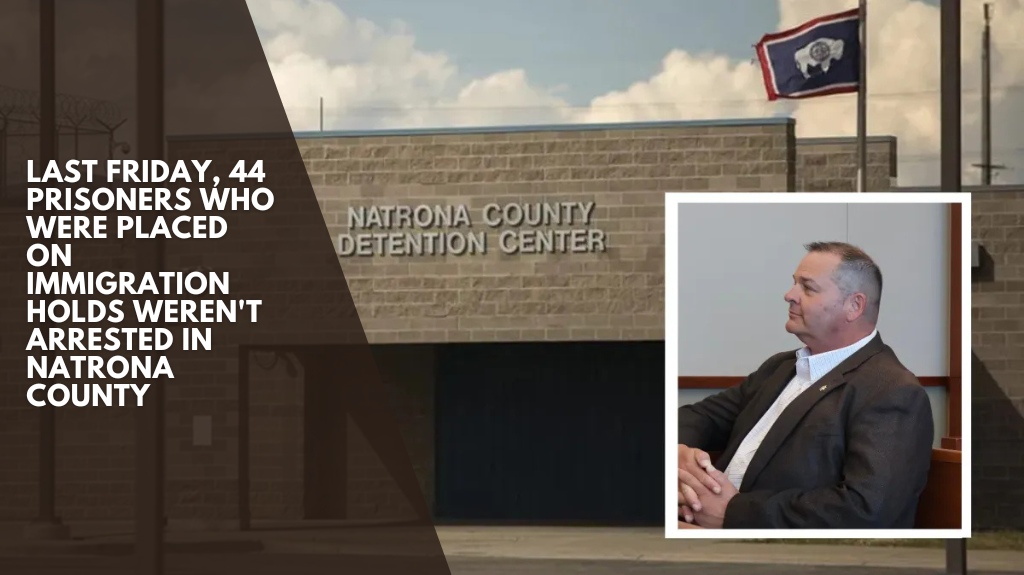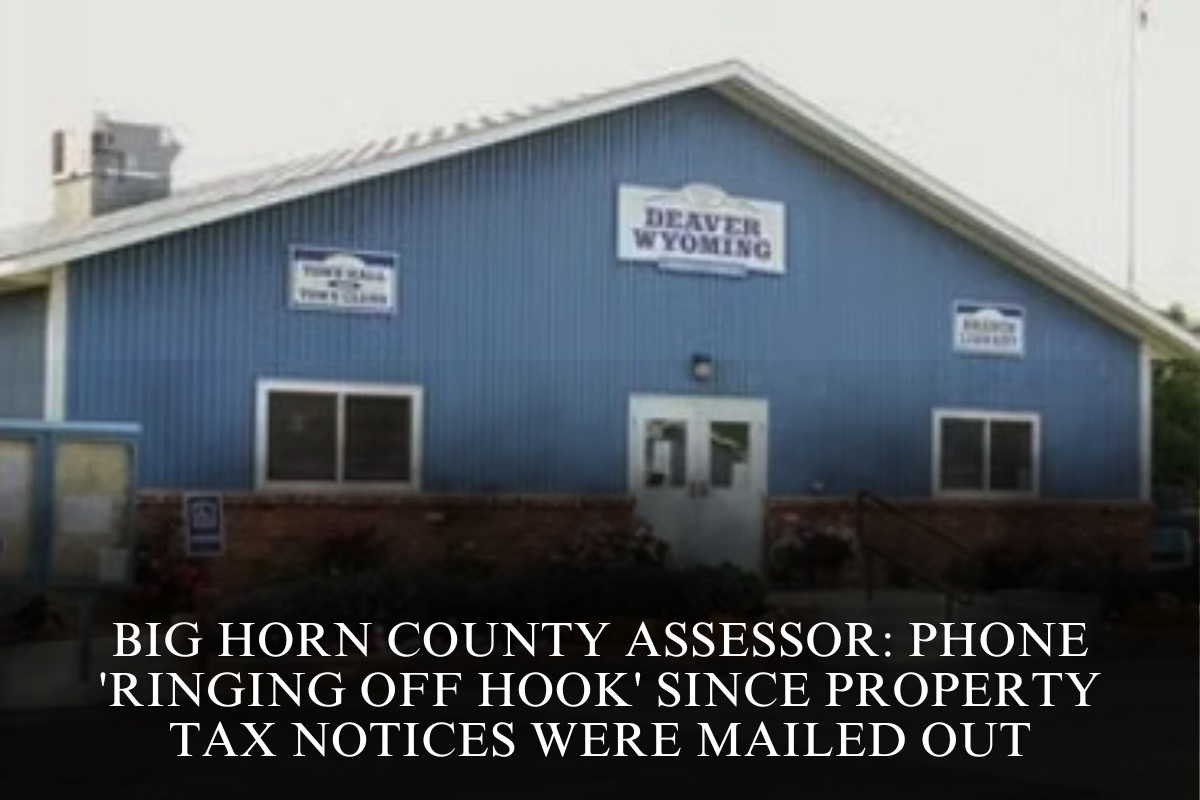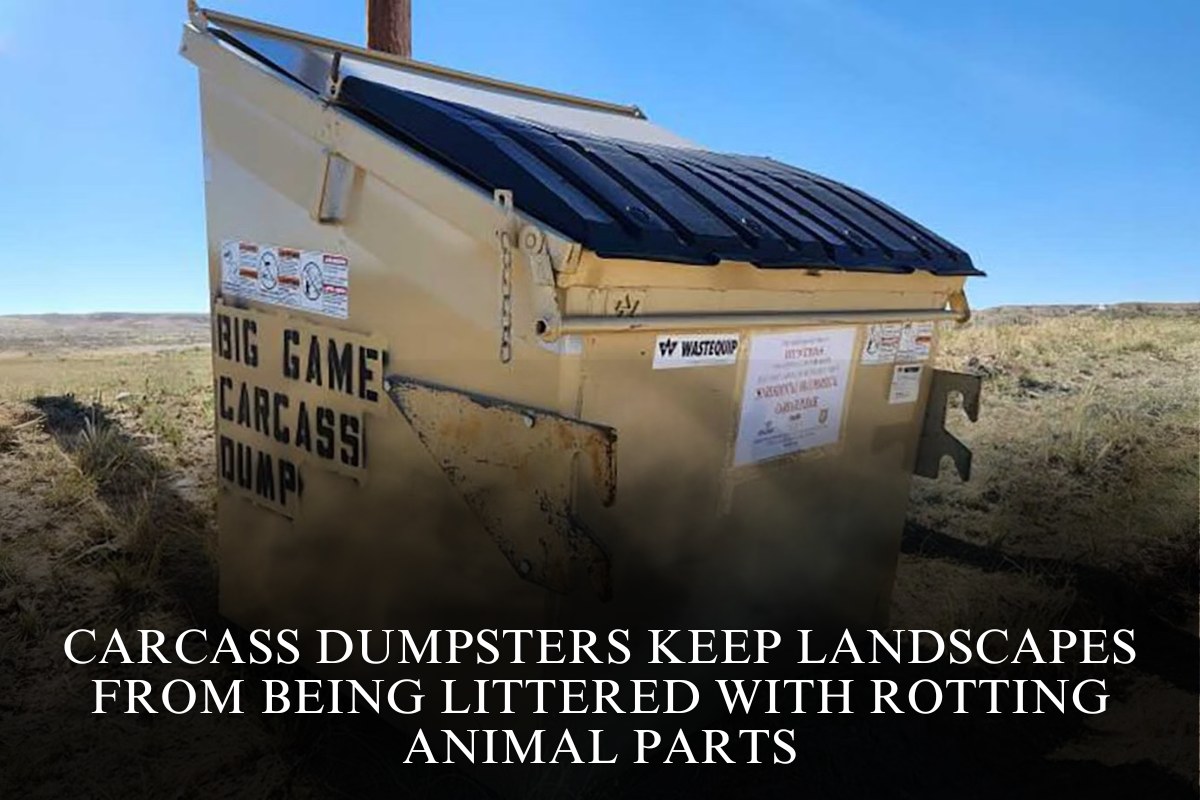CASPER, Wyo. — The 44 names on Monday’s arrest logs for Natrona County under the charge “Immigration Hold” were inmates from the Immigration and Customs Enforcement detention center in Aurora, Colorado, who were transported here due to overcrowding at that regional facility, Natrona County Sheriff John Harlin told Oil City News on Friday.
Harlin confirmed that none of the names represented arrests in Natrona County. That was confirmed in an email from an ICE Denver spokesperson, who stated that ICE pays the local sheriff a per diem for each detainee.
In the midst of President Donald Trump’s unprecedented crackdown on illegal immigration and federal cases alleging deprivation of due process, Harlin wanted the public to know that the NCSO has had a long-standing relationship with the local Immigration and Naturalization Service office in Casper, located at the Dick Cheney federal building, and that the relationship has remained largely unchanged during his 28 years with the office.
“Our facility is like a hotel with open beds,” Harlin said of the NCSO’s agreement with ICE to house detainees, comparing it to contracts with the US Marshals Service to house inmates facing federal charges.
According to Oil City News in 2019, the Natrona County jail is a major stopover facility for ICE immigration arrests in Wyoming, and Harlin confirmed that this has been the case in previous presidential administrations.
As of July 24, 200 inmates had been booked into the Natrona County Detention Center under “Immigration Holds.” According to data shared with Oil City News by the NCSO, 36 of them had local charges.
Between 2020 and 2024, the NCDC made 211 “Immigration Hold” arrests. At most, 33% had local charges. In 2020, 7% of the 53 ICE detainees faced local charges.
The Memorandum of Understanding, signed by the NCSO and ICE in March, is somewhat new. Law enforcement agencies can choose from three types of agreements that give them some authority over immigration enforcement. Some states have laws that prevent law enforcement from entering such agreements.
The NCSO’s “task force model” allows participating officers who complete the training to make arrests “if the officer has reason to believe the alien to be arrested is in the United States in violation of law and is likely to escape before a warrant can be obtained,” according to the MOU. A copy of the MOU is provided below.
Only officers who have completed training in relevant federal policies can make arrests. According to the American Civil Liberties Union of Wyoming, this type of agreement was discontinued during the Barack Obama administration and was only reinstated this year.
Harlin stated that six patrol deputies completed the training and self-selected.
According to Harlin, deputies have access to databases that officers do not. Harlin stated that additional access provides the deputy with more resources to investigate any suspicious circumstances that may arise during roadside investigations, whether they are related to illegal immigration or something else.
He stated that human trafficking is a serious concern for law enforcement, and ICE databases would be useful in those investigations.
“I don’t sign contracts that give up authority to anybody,” Harlin said, adding that the NCSO’s law enforcement philosophy hasn’t changed. “Our community is our priority.”
This story is based on a wide-ranging conversation with Harlin about immigration and will be updated.












